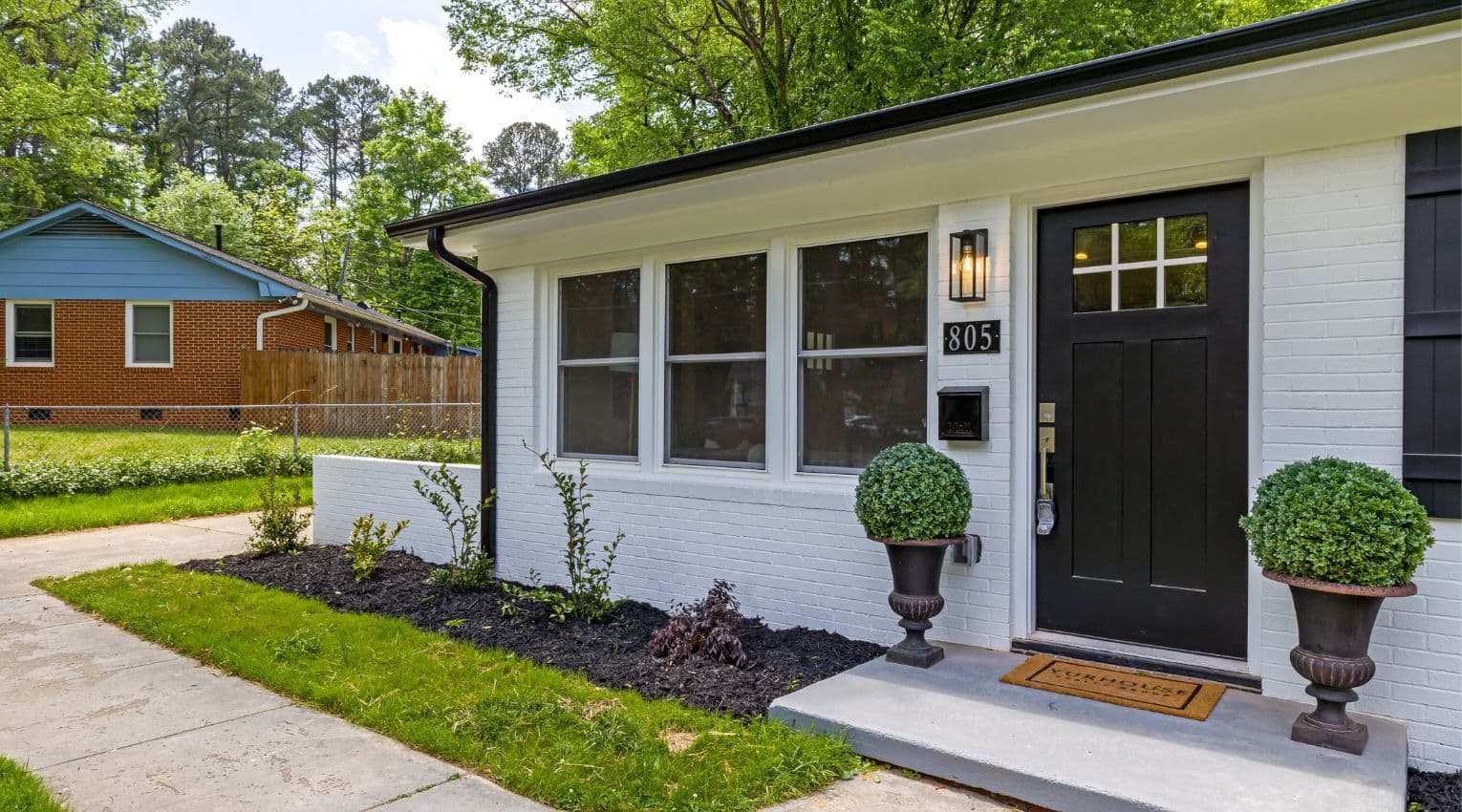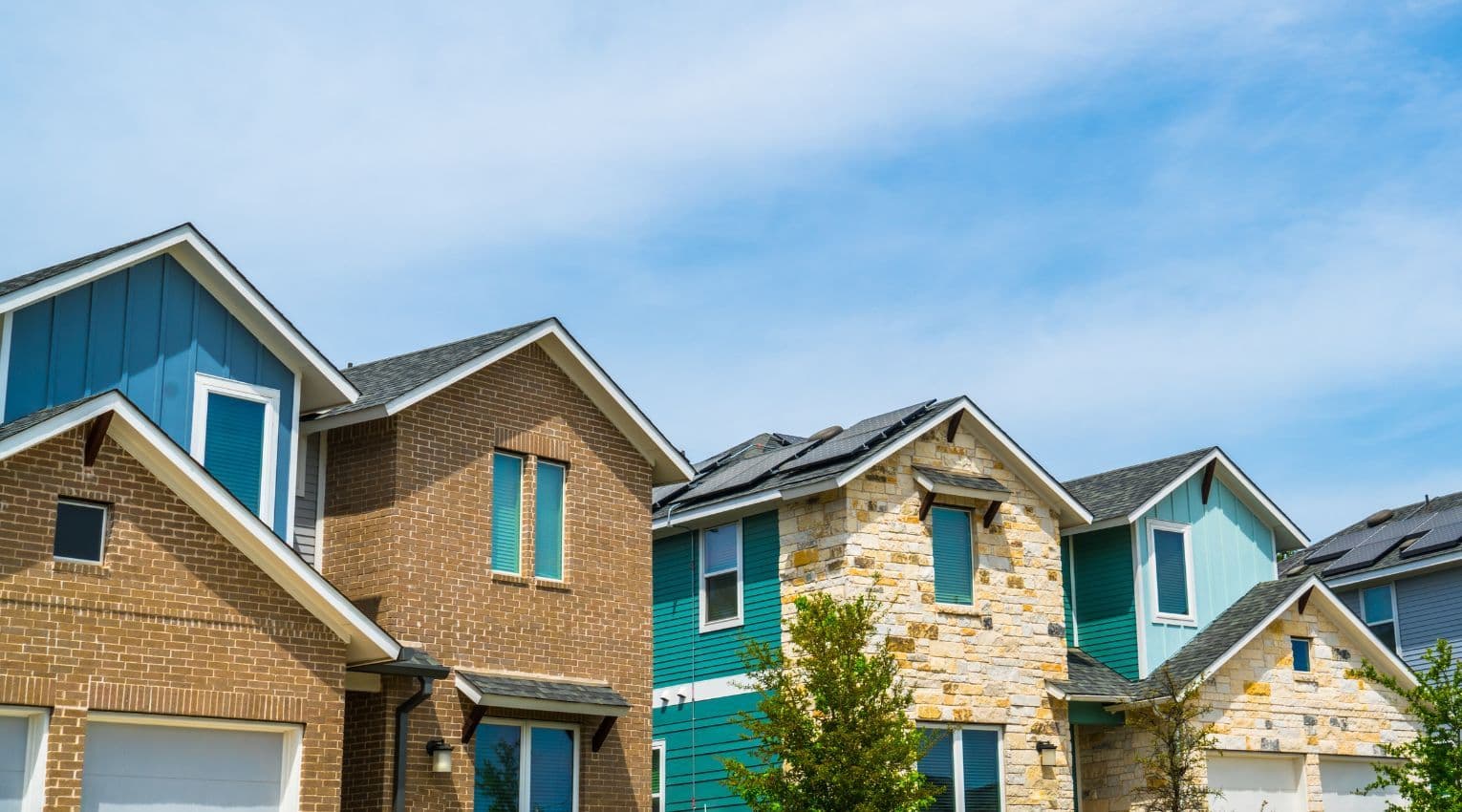Understanding Property Taxes and Why They Increase

Last updated October 21, 2025
If you’re a first-time homeowner, you might still be a little unclear about the ins and outs of property taxes — they can even be a bit confusing for longtime homeowners, especially when they notice a sudden property tax increase.
Below, we’ll explain everything you need to know, including:
- Property Tax Basics
- What Causes Property Taxes to Increase
- How You Can Lower Your Property Taxes
- Steps for Appealing Your Property Tax Assessment
- What Happens When You Don’t Pay Your Property Taxes
The Basics
There are two factors that determine your property tax amount: the most recent assessed value of your home, and the effective tax rate of your municipality or region. The state of Hawaii is consistently credited with the lowest property taxes, at 0.27%. New Jersey finds itself on the opposite side of the list at 2.23%.
While property taxes vary by specific area in terms of how they’re used, they’re generally allocated to the “five S’s:” school, safety, spaces (public parks and recreation areas), streets, and sanitation.
Property taxes are typically paid two to four times a year, depending on your county or region — most commonly, they’re due March 1 and September 1 to cover the time in between those dates. You may also be able to choose your own payment schedule, sometimes even paying in full if you’re able.
There are a few different ways to pay your property taxes, depending on your specific circumstances. They may be bundled into your mortgage payment — this group of costs, which includes principal, interest, taxes, and insurance is known by the acronym PITI. Otherwise, you’ll pay your bill through your local tax office, either through the mail, online, or by phone.
What Causes Property Taxes to Increase?
The most common reason for a widespread rise in property taxes is a general rise in home values in a particular region, which is often due to high demand and low housing stock. There can also be a bump when local schools request more funding in order to stay up and running since much of their support comes directly from property taxes.
Many homeowners wonder if their property taxes will go up if they refinance, and the answer is no, even if your monthly payment and loan balance change. With a cash-out refinance, you’re replacing your existing mortgage with a new one for an amount that’s more than what you owe on your home. While a refinance may require a new appraisal to determine your home’s value, this is completely separate from the assessed value that’s used for tax purposes and won’t be reported to the property tax assessor. You can refinance without worrying about your property taxes being affected.
However, if you refinance and plan to use the extra cash for any projects around the house, you should be aware that some of them have the potential to increase property taxes. So while additions or renovations will likely boost your home’s value, your taxes will probably go up along with it. As for what home improvements increase property taxes, the top projects include new bathrooms, pool installation, basement finishing, and any kind of work to enhance curb appeal.
How Can I Lower My Property Taxes?
It isn’t guaranteed, but one way to try and prevent property taxes from rising is to limit home improvement projects that will add value. Of course, there are benefits to growing your home's value, so you'll want to weigh this option carefully.
There are a handful of other ways to try to lower your property taxes. One way to start is by researching the home values of the other houses in your neighborhood and look for any notable discrepancies. For example, if the assessed value of your neighbor’s comparable home is $10–$15,000 less than yours, there may have been an error on the part of the appraiser and it’s worth exploring to see if you can have it corrected.
Steps for Appealing Your Property Tax Assessment
If you believe your property tax assessment doesn’t reflect your home’s true value, you may have the option to appeal. The process varies by location, but it usually involves gathering evidence to show why your assessment should be adjusted, and following specific deadlines set by your local tax authority.
While each town or county may have its own rules, you usually need to take the following steps to appeal:
- Review your assessment notice carefully to understand how your property was valued.
- Compare your assessment with comparable homes in your neighborhood to see if yours is higher.
- Gather documentation, such as recent appraisals, sales data, or records proof of repairs, that affect your home’s value.
- File a formal appeal with your local assessor’s office or board within the required timeframe.
- Attend a hearing, if scheduled, where you can present your case and supporting evidence.
Because rules and timelines differ, it’s best to check directly with your local assessor’s office for the exact requirements in your area.
It’s also a good idea to look into whether you qualify for any tax exemptions, which are offered by various state and local governments for a number of different reasons. These include a low household income, a disability, and being a veteran or service member. While there are no guarantees that you’ll be able to decrease your property taxes, it’s a possibility that can save you some money.
What Happens If I Don’t Pay My Property Taxes?
If your property tax payment is past due, the delinquent amount becomes a lien on the home, and a tax sale — which is similar to foreclosure — may eventually occur. Before this happens, the loan servicer may advance funds and bill you, the homeowner, for reimbursement. If a tax sale does take place, you will typically have a period of time during which you can redeem the home if you pay back the delinquent taxes, plus interest (usually about a year). Read our comprehensive guide about what happens after a property tax bill is late, here.
If your property tax has increased and you need help paying the bill, compare your options for accessing your equity.
You should know
We do our best to make sure that the information in this post is as accurate as possible as of the date it is published, but things change quickly sometimes. Hometap does not endorse or monitor any linked websites. Individual situations differ, so consult your own finance, tax or legal professional to determine what makes sense for you.




